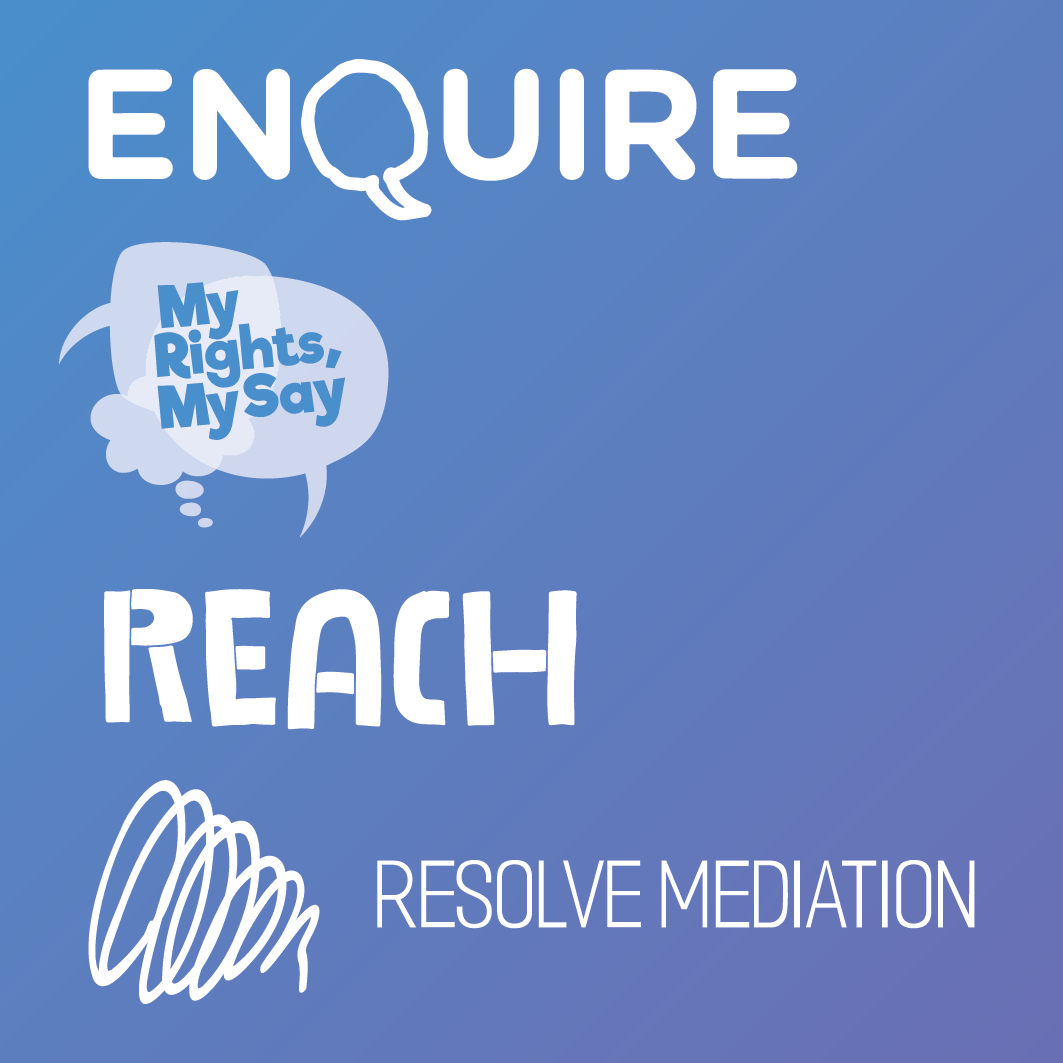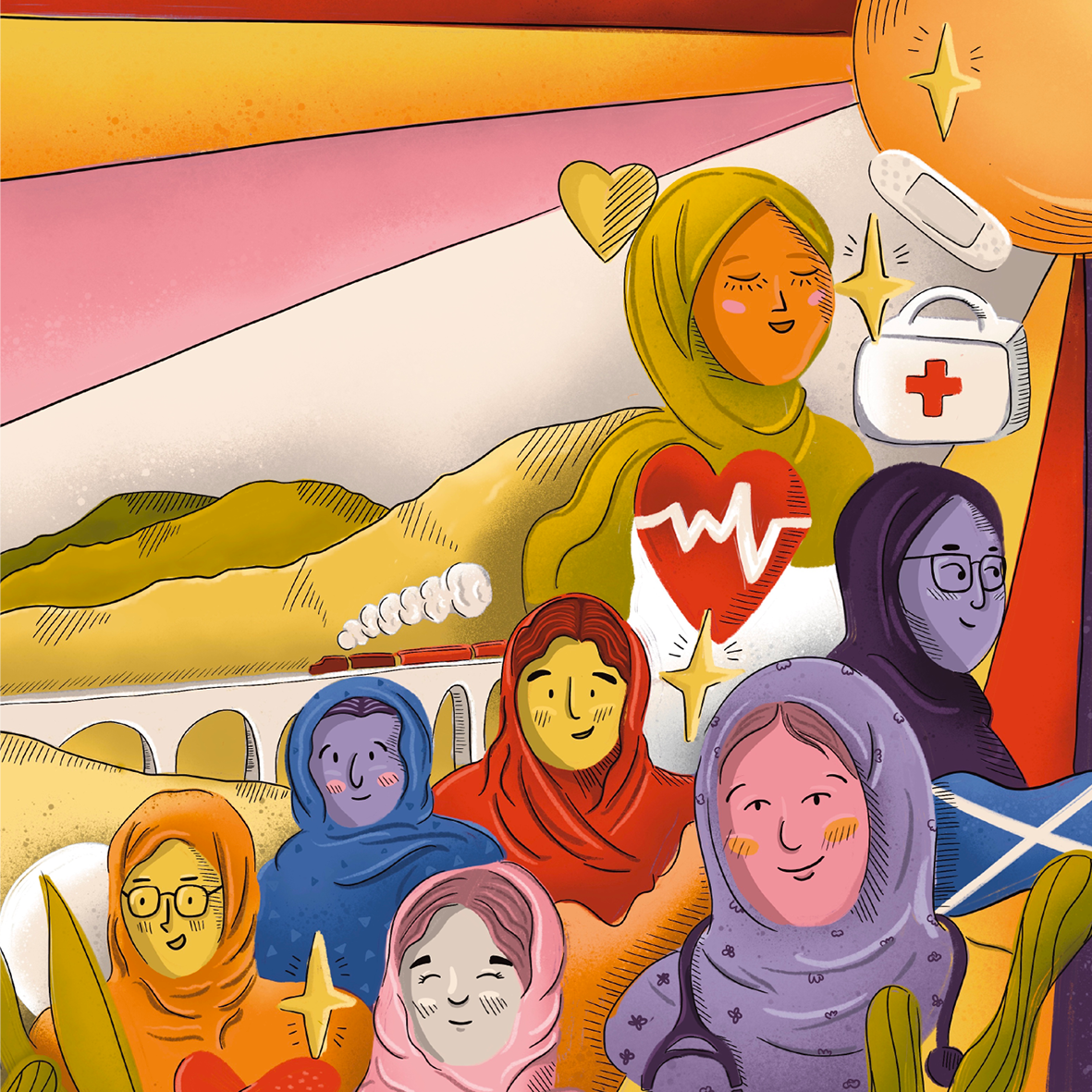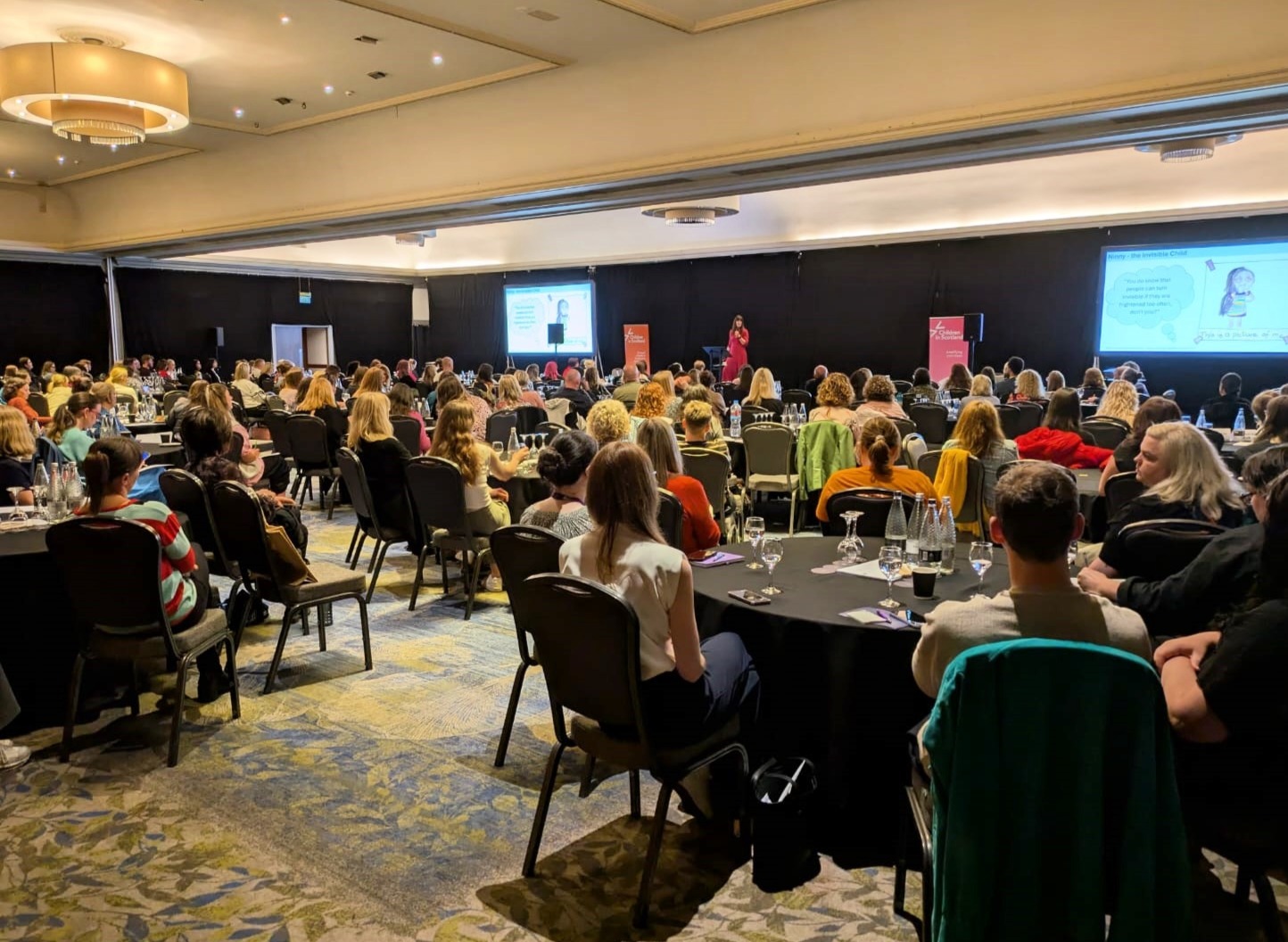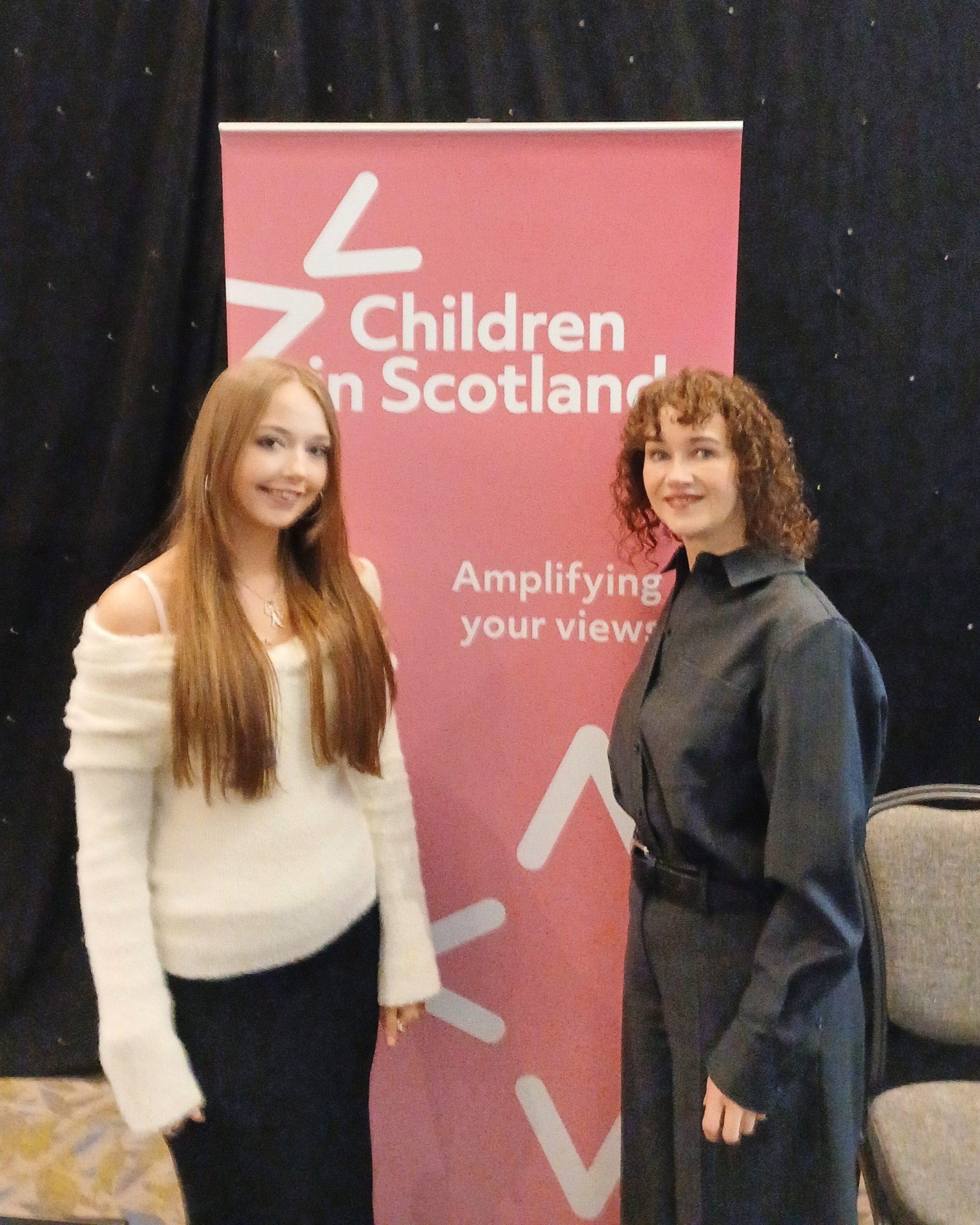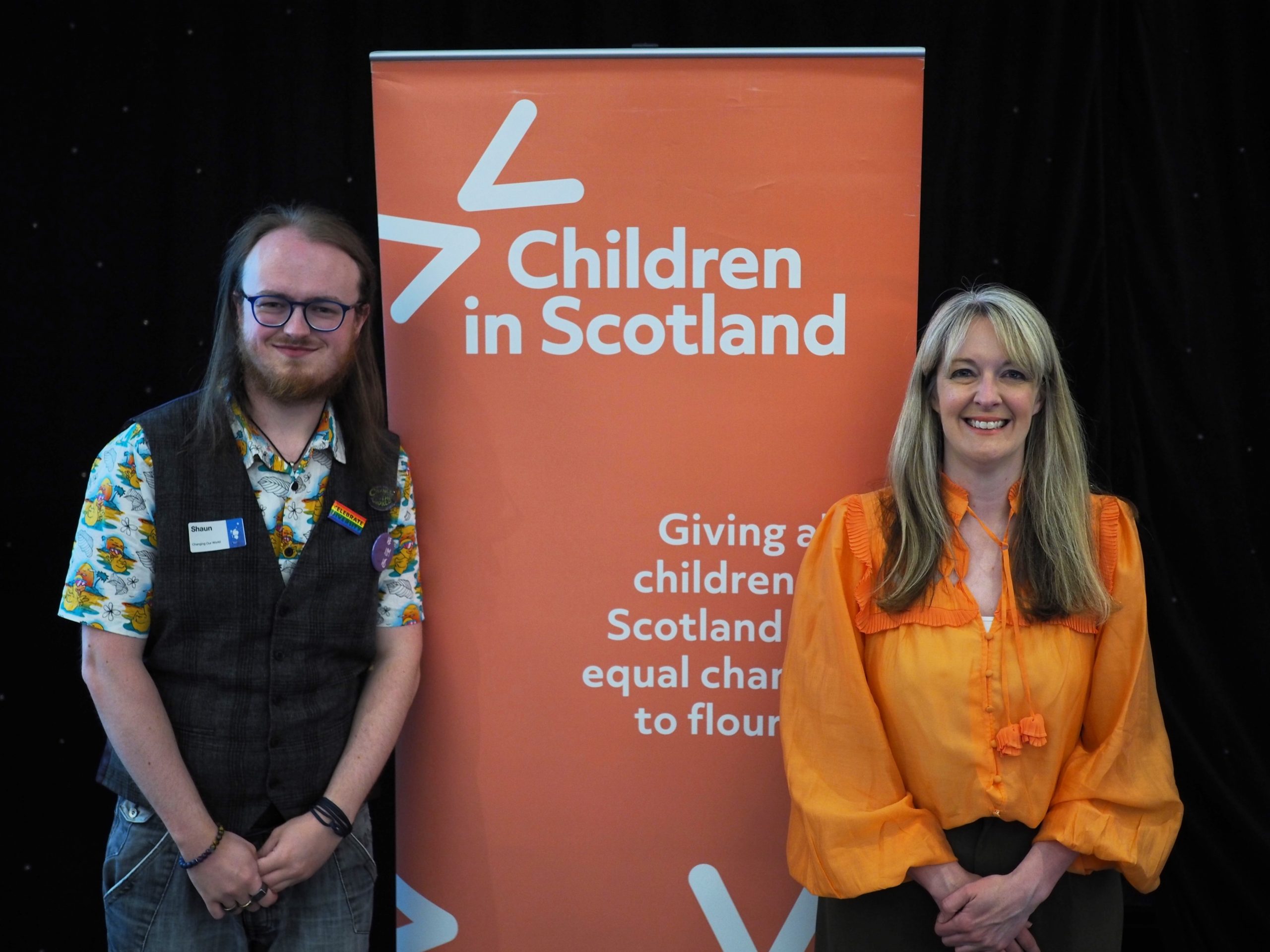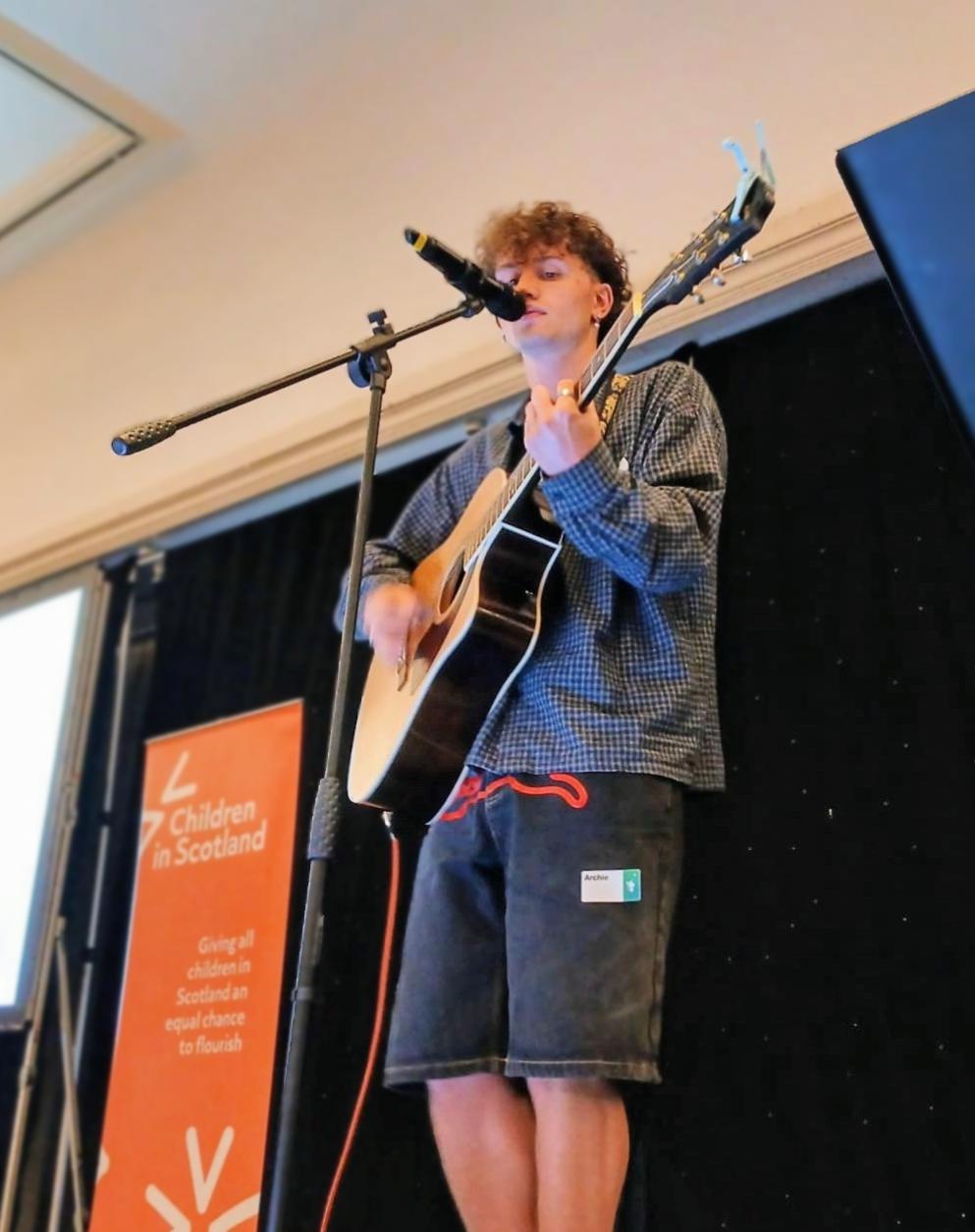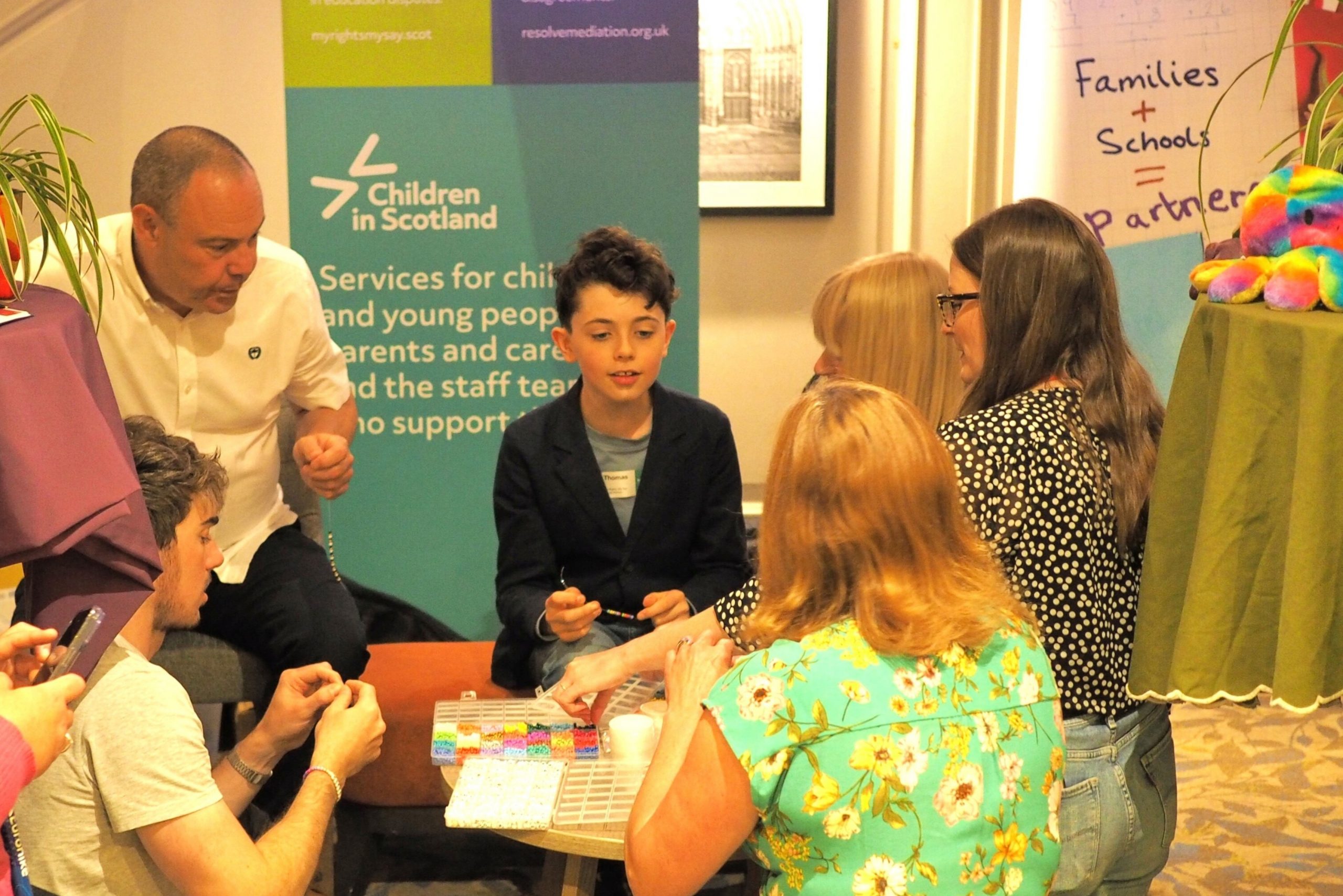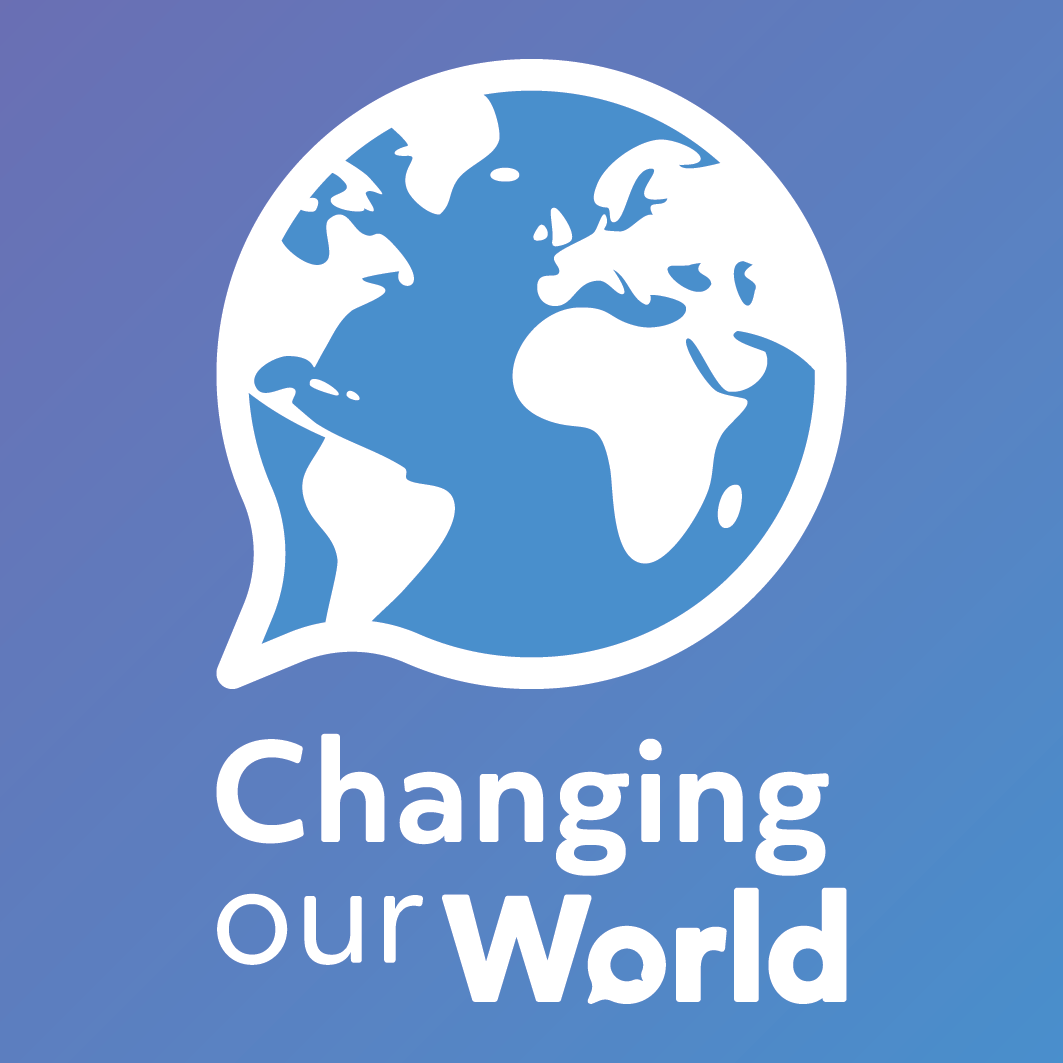Children’s Views reaches colossal milestone
6 Oct 2025
The Children’s Views Service has been an integral part of Children in Scotland since 2018. It is a part of the My Rights, My Say network helps children with additional support needs in Scotland to understand and exercise their rights under the Additional Support for Learning (Scotland) Act 2004. In partnership with My Rights My Say Partners, the Children’s Views Service has been championing Children’s rights to be listened to in matters that affect them both at a national level by engaging with policy makers and locally through the development of positive relationships with local authorities, schools, parents/carers and most importantly children themselves.
What is My Rights, My Say?
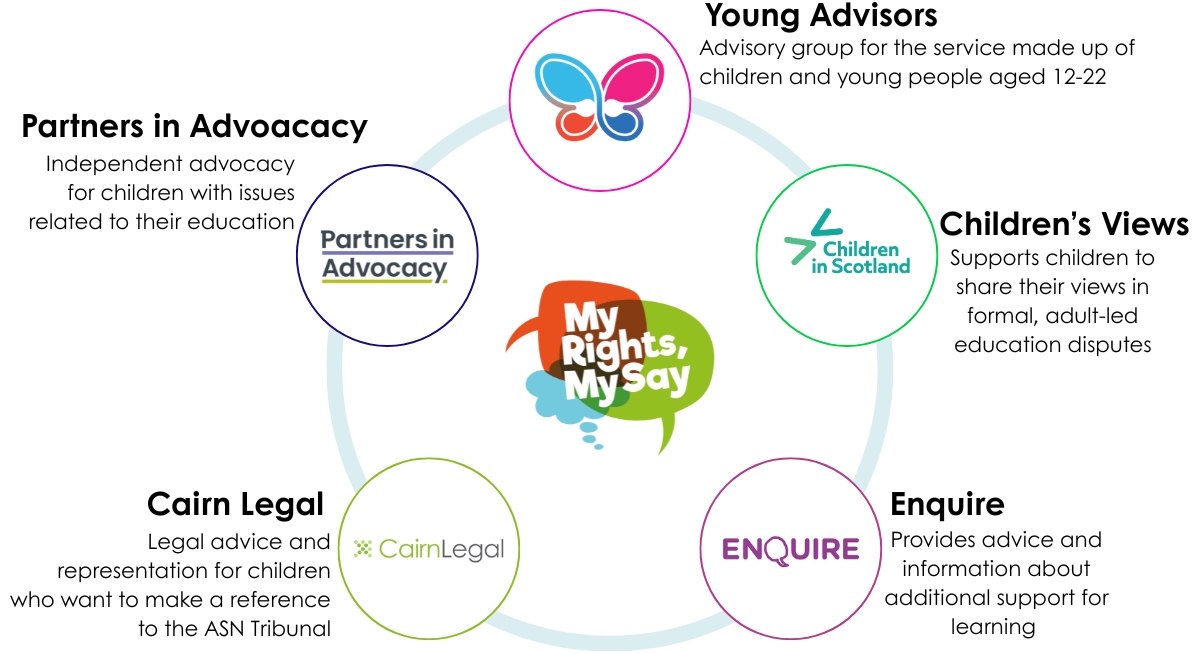
The Children’s Views Service specifically supports children to share their views in formal education disputes such as tribunals, appeals or mediation processes. The service can also support schools to seek out children’s views prior to planning, review or transition meetings. The majority of children are referred to the service by the ASN tribunal or education practitioners, though parents are able to make referrals themselves.
A Children’s Views worker helps the child share their views in their own way. This could be through talking, drawing, writing or other communication tools. The Children’s Views Workers are highly skilled and have a deep understanding of the barriers that might make it difficult for children with additional support needs to convey their views. They are flexible and empathetic and will never tell the child what to do or not to do – the child is in control at every stage of the way. Once the child’s views have been gathered the children’s views worker writes a report that can be shared with the referrer to ensure the child’s views are considered when decisions are being made about a child’s education.
Since the service started in 2018, it has now overseen 400 referrals, representing a colossal milestone.
Marie Harrison, Manager of Children’s Views, had this to say:
“The Children's Views Service has supported children and professionals through the My Rights My Say Project since 2018 - it has been an absolute privilege to support our incredible young people to share their views in adult-led, formal education disputes and support professionals to develop good participation frameworks to ensure children with additional support needs are listened to.
To cross the 400 mark is a huge milestone for us - from being a tiny service expected to work only with a limited number of children every year, we have gone from strength to strength and used creative and innovative approaches to ensure we have been able to respond to an ever-increasing demand.
We want to thank Scottish Government for their continued faith in us and all their support; our MRMS partners (Partners in Advocacy, Enquire and Cairn Legal) for being incredible collaborators; and all the professionals, parents/carers and children we have had the pleasure of working with over the past seven years.
Here's to the next 400!”


My Rights, My Say
A support service providing advice and information for 12-15 yr olds on their rights to additional support
Visit the website



